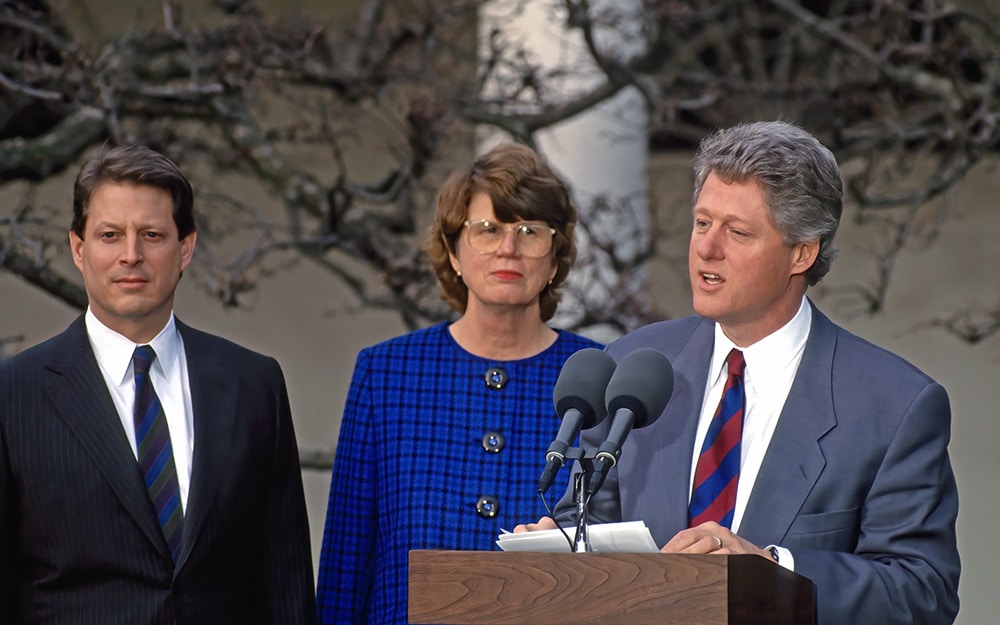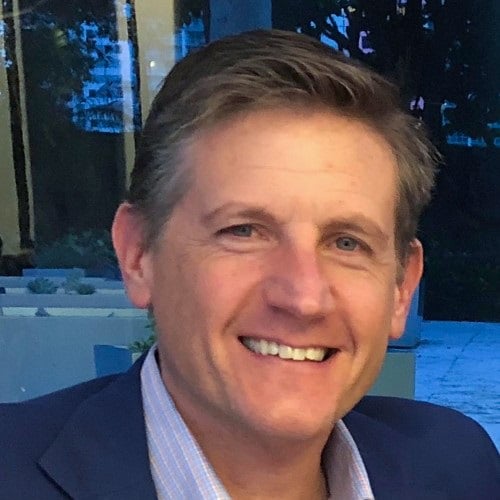Home » Leadership Moment » Leadership in Four Words
Leadership Moment
Leadership in Four Words
stock.adobe.com / chesky
The Buck Stops Here!
Guidance on leadership is widely available on the web and digital platforms. While many of these resources are useful, I value opportunities to hear insights and lessons learned directly from an experienced, established leader. I find this the best way to glean a leadership principle or extract a golden guidance nugget by hearing directly from a battle-tested leader.
Many years ago, I had the privilege to hear former U.S. Attorney General Janet Reno enlighten a group of aspiring leaders on what leadership meant to her. In one short presentation, she provided three examples of tough decisions she made throughout her career and defined a very simple leadership principle that has stayed with me almost 20 years later: the buck stops here. As a leader—whether it be in the U.S. Attorney General’s office or in the boardroom of your parking company—the buck stops with you and your decisions. Personal accountability and responsibility for individual decisions are paramount to strong leadership.
Interestingly, two of the difficult decisions she described involved extremely controversial matters of international renowned which Reno dealt with as Attorney General, and the third example was about (what else?) difficult parking policy decisions she faced as State Attorney for Dade County (now called Miami-Dade County).
The first two examples she provided were:
- Accepting full responsibility for her 1993 decision to send the FBI into the Branch Davidian compound in Waco, Texas to attempt to extract their contentious leader, David Koresh.
- Standing by her 2000 decision to follow the law and have a young Elian Gonzalez removed by armed Federal agents from the home of relatives in Reno’s home community of South Florida to be reunited with his father and eventually returned to communist Cuba.
The Waco raid was a disaster, leaving 76 people dead in a terrible fire, many of them children. While years had passed since the tragic incident, that day, Reno told us, “The buck stops with me.” She also said, “I made the decision with the information I had available and that is what leaders do”.
Right or wrong, her stoicism and her level of accountability and responsibility for a decision with such incredible ramifications were extraordinary.
The Elian Gonzalez situation, while not involving any loss of life, was one that had many complex facets and implications—especially for Ms. Reno, who grew up in the area, spending much of her career locally as both a private and public attorney. Many felt Elian should remain in Florida, but A.G Reno believed the law was clear and he should be reunited with his father—even if it meant sending him back to communist Cuba.
This highly controversial decision played a part in that year’s Presidential election, when voters who resented the Elian Gonzalez resolution strongly shifted parties and the outcome of the national election, because of Florida’s vote count, came down to just a few hundred votes.
Ms. Reno would go on to receive much criticism for this and long after retirement, she would continue to be confronted in public places by angry citizens who remembered her position on this issue. Her response was always the same: “Yes, it was my decision. I made the decision based on the law and if I had to do it all over again, I would make the same decision.”
Finally, as the only parking professional in the room that day, I was surprised to hear her speak of parking as another controversial issue she dealt with while she was State Attorney for Dade County, FL. She went from a major tragedy to an international issue to allocating parking for employees of the State Attorney’s office.
As many of us in parking know, allocating and assigning parking for attorneys, doctors, executives, tenants, customers, and others is a potentially confrontational process. With approximately 100 attorneys in her office, Reno received many complaints about who parked where. As these complaints made their way through the hierarchy, she instructed her staff to handle them with firm explanations.
She explained to all of us listening intently that as parking complaints escalated, the sooner someone said, “This was my/our decision and we stand behind it,” the sooner they were extinguished.
Ms. Reno’s speech was especially impactful for me because she applied real-world experiences, including an example about parking, to a simple leadership principle. The buck stops here!
The lesson I took from that day was to make decisions with as much information as possible and stand behind them. I have tried to follow that advice throughout my career while leading various organizations and it has proved effective. One example is when I have been the ultimate decision maker on hiring, promotions, and/or terminations. These decisions are often controversial and require a resolute position to ensure minimal internal quibbling.
As A.G. Reno experienced, parking policy decisions are some of the most sensitive issues for employers, business owners, and patrons. As parking professionals, we often find ourselves as the lone advocates for parking charges, rate increases, or more strict enforcement. Upon implementation of these types of policies, it is important to firmly support their enforcement by establishing a clear response when the expected pushback ensues.
This is not to say that you do not admit when you are wrong or when you have made a poor decision, because that will happen. However, taking ownership and responsibility for your decisions is key to a sound decision-making process. Being accountable for both good and bad decisions is important to garner support for future decisions, as well.
You will make a lot of decisions throughout your professional career, and most are likely to be good decisions that sometimes just need a little support. Be strong and supportive of your decisions and the decisions of those who work for you. When someone questions a decision that was made asking whose idea it was, be strong and say, “Mine! The buck stops here!” ◆
-
This author does not have any more posts.












